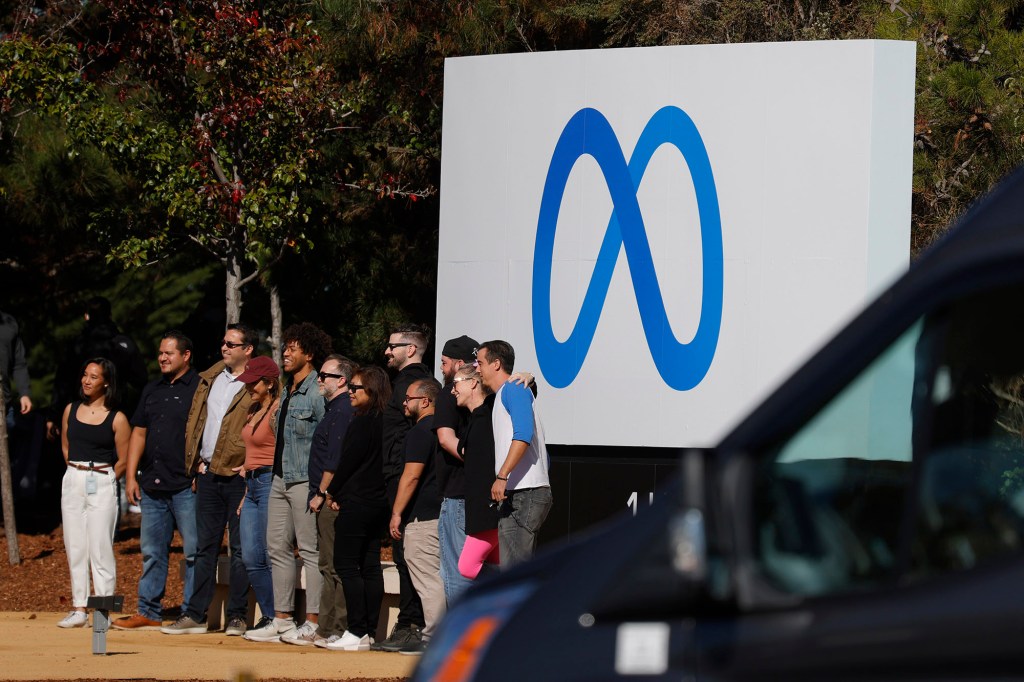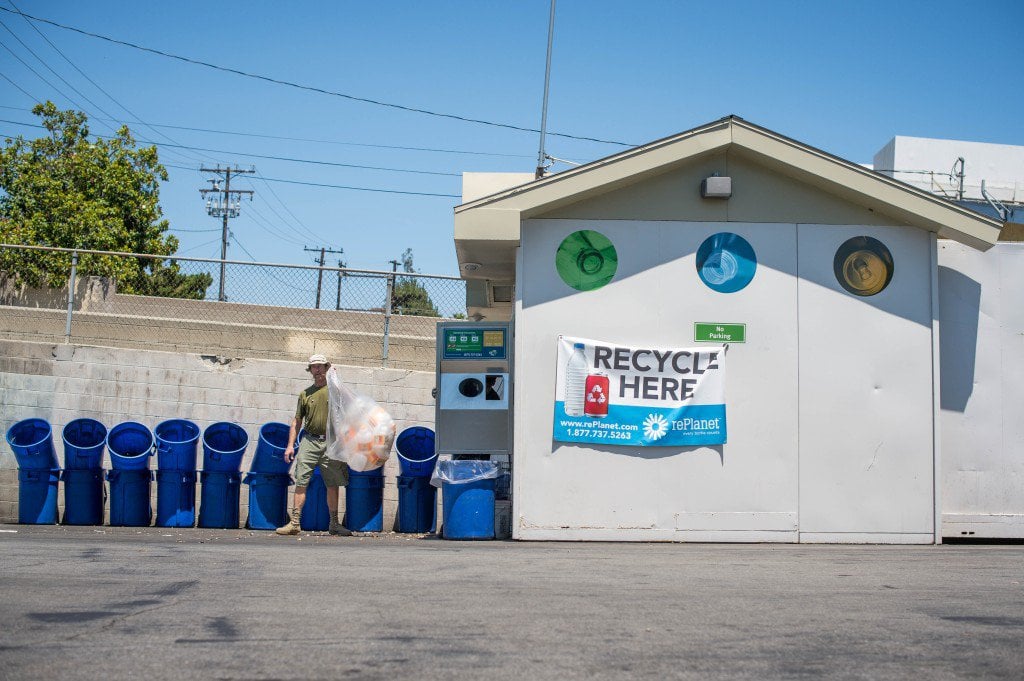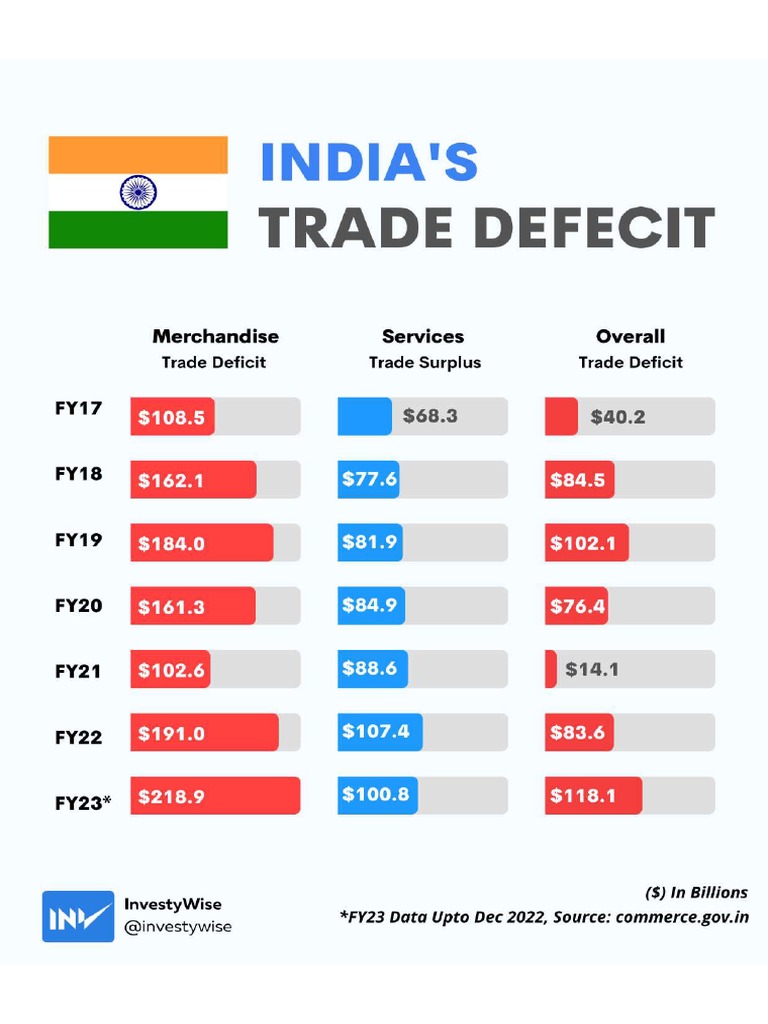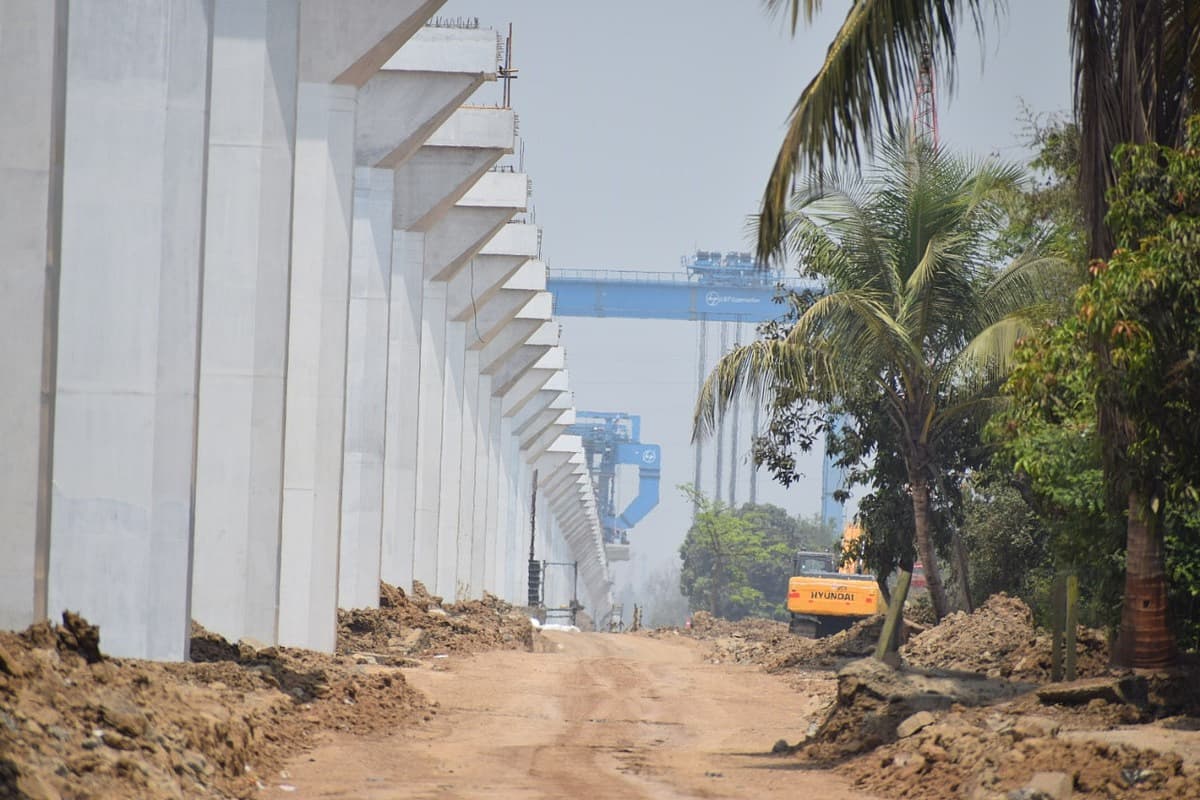


Amidst its efforts to restructure, technology giant Meta has laid off nearly 4,000 employees, many of whom claim to have received positive performance reviews just last year. According to employees, their ratings were unexpectedly downgraded, making them eligible for termination. These layoffs have caused disruptions and disheartened employees who were previously told that only low performers would be affected. The move also raises questions about Meta's true intentions and the fairness of their performance review process.
Meta's Layoffs: A Deeper Dive into the Controversial Downsizing
Background:
Meta, formerly known as Facebook, has recently undertaken a significant restructuring effort, resulting in the layoffs of nearly 4,000 employees. This move has sent shockwaves through the tech industry and raised concerns about the company's future.
Current Situation:
According to reports, many of the employees who were laid off had received positive performance reviews in recent years. This has led to widespread confusion and anger among the affected individuals. Employees allege that their ratings were downgraded unexpectedly, making them eligible for termination.
The layoffs have disrupted the operations of various Meta teams and disheartened employees who were previously told that only underperformers would be impacted. Industry experts have questioned Meta's motives and the fairness of its performance review process.
Top 5 FAQs and Answers:
1. Why did Meta lay off employees who had positive performance reviews?
Meta has not provided a clear explanation, but it is possible that the layoffs were part of a larger cost-cutting initiative. The company has faced declining revenue and increased competition.
2. How did Meta's performance review process contribute to the layoffs?
Employees claim that their ratings were downgraded without prior notice, making them eligible for termination. This has raised concerns about the transparency and objectivity of the review process.
3. What impact will the layoffs have on Meta's operations?
The layoffs have affected various teams within Meta, including engineering, product development, and marketing. This could lead to disruptions in product releases, development timelines, and customer support.
4. Are there any legal implications for Meta's layoffs?
Employees who feel they were treated unfairly may file lawsuits against Meta. However, the outcome of such lawsuits is uncertain.
5. What are Meta's future plans?
Meta has not publicly disclosed its future plans, but it is likely that the company will continue to restructure and focus on its core businesses, such as social media and virtual reality.
Conclusion:
Meta's recent layoffs have raised significant concerns about the company's culture and the fairness of its performance review process. The loss of valuable employees could impact Meta's operations and future growth prospects. As the investigation into the layoffs continues, it remains to be seen how Meta will respond to the backlash and regain the trust of its employees.

The Consumer Protection and Technical Regulatory Authority (TTJA) has launched an investigation into Telia's recent internet upgrade campaign, which automatically upgraded customers to faster and more expensive packages without their prior consent. Customers were given a 30-day trial period before being charged the new, higher rate. Telia argues that this offer is innovative, but the agency believes it violates consumer rights. In addition to the investigation, the company is also facing criticism for its excessive profits and record-breaking dividends.

Bybit, a popular Singapore-based crypto exchange, has been hit by a massive hack resulting in an estimated loss of $1.46 billion in Ethereum. The co-founder and CEO of the exchange, Ben Zhou, took to social media to reassure users that their assets are safe and that the exchange will continue to operate normally. The hack was confirmed by the exchange, but exact details of the attack are still unknown. Bybit has pledged to provide constant updates and maintain transparent and secure operations for its users.

The recent closure of RePlanet Recycling's 284 centers and processing facilities throughout California has greatly affected residents of San Ramon Valley, who will now have to travel to the next nearest buy-back center in Pleasanton. This is a result of increased operating costs and decreased pricing for recyclables, leading to the company's decision to lay off their entire workforce and shut down operations. This closure also highlights the rising costs of recycling and waste management, with San Ramon residents set to experience a 30-45% increase in waste services costs come January 2020.

In a major move impacting the future of the James Bond franchise, Amazon has reportedly paid an additional $1 billion for full creative control of the iconic series from Barbara Broccoli and Michael G. Wilson. This comes on top of the already massive $8.5 billion acquisition of MGM by Amazon, with the added sum intended to allow Broccoli and Wilson to fully steer and exploit the IP. With Amazon's aggressive expansion plans, including the establishment of an international theatrical distribution arm and potential expansion into a full cinematic universe, this move solidifies the company's hold on one of the biggest and most beloved franchises in film history.

India and Qatar are looking to strengthen their trade relationship by doubling their trade to $28 billion by 2030. This will be achieved through an increase in India's LNG imports from Qatar, which is planning to expand its LNG export capacity. However, the US is also a major competitor in the Indian LNG market, creating a challenge for India to boost its imports from Qatar.

At the Invest Kerala Global Summit, Kerala's Chief Minister Pinarayi Vijayan announced the state's ambitious goal of establishing 15,000 startups and creating one lakh jobs by 2026. Despite the challenging times, the state has witnessed the emergence of 6,200 startups in the past eight years, attracting investments worth ₹5,800 crore and generating 62,000 jobs. The summit, with participation from 26 countries, aims to boost the state's startup ecosystem further.

According to recent reports, India's trade deficit has expanded to $22.99 billion in January 2025, surpassing market expectations of $21.0 billion. This marks a significant increase from December 2024's $21.94 billion deficit and January 2024's $16.56 billion deficit. The rise in the trade gap can be attributed to a decrease in exports and a slight increase in imports, amidst global economic uncertainty. While the oil and gold deficit has decreased, the non-oil, non-gold deficit has contributed significantly to the overall trade gap. As oil prices continue to rise, close monitoring of global economic developments will be crucial in shaping India's trade outlook.

Commuters in Ahmedabad will face temporary road closures as construction continues on India's first bullet train project, the Mumbai-Ahmedabad High-Speed Rail Corridor (MAHSR). The closures will impact three flyovers in the city and the police have issued a notification detailing alternative travel options during the five-week closure period from 22 February to 23 March. The closure serves as a reminder of the progress being made on the MAHSR, a major business and infrastructure project in India.

Quick commerce, the fast delivery model that promises to challenge giants like Amazon and Flipkart, is gaining momentum in India. Zepto CEO predicts that it will overtake traditional e-commerce by 2025. Swiggy, myTVS, Magicpin, and others are already investing in this trend, with the government also providing support through sector-specific schemes. However, the rise of quick commerce has also brought concerns, as the Competition Commission of India investigates complaints and IFFCO warns against unauthorized sales.